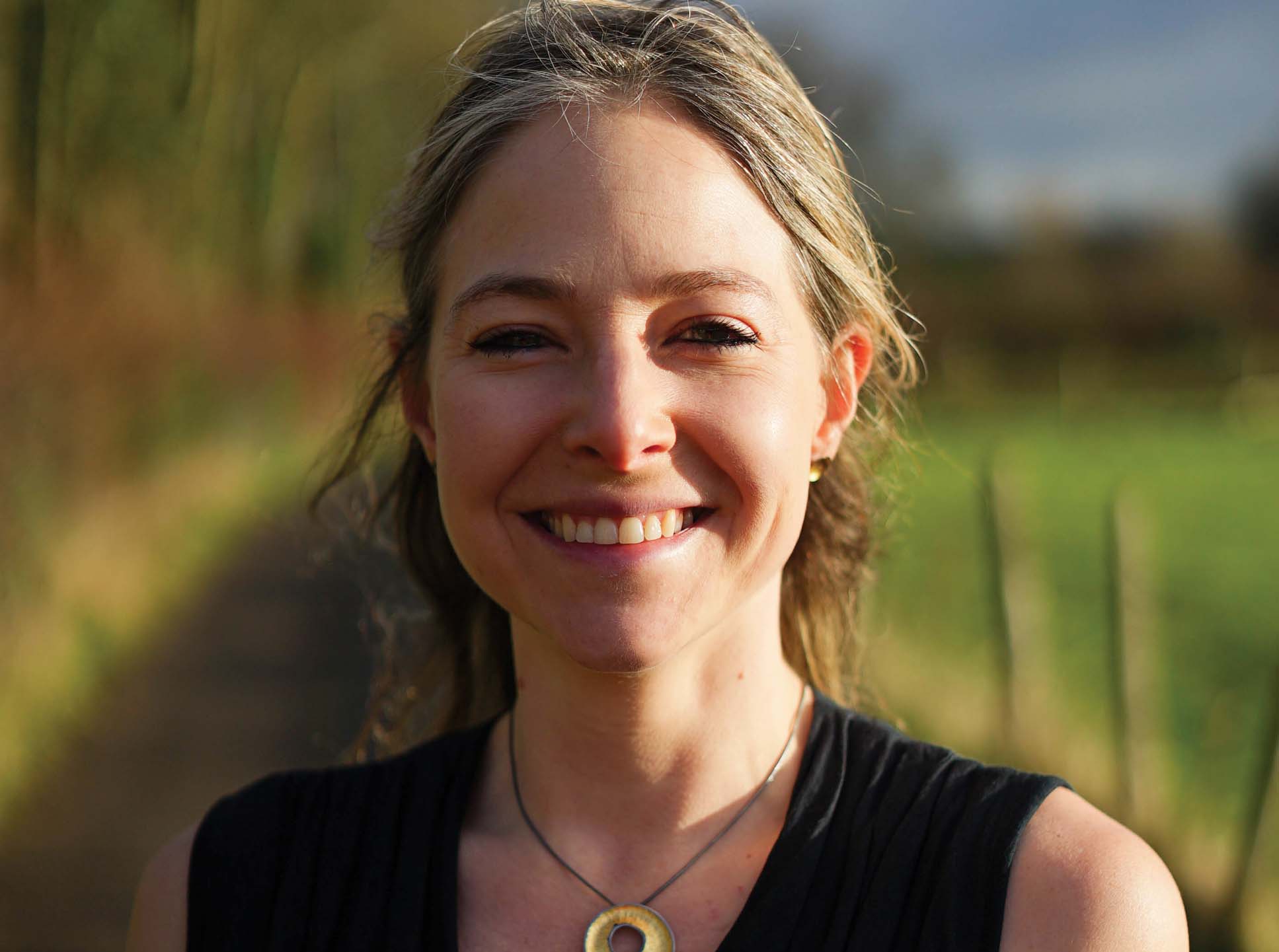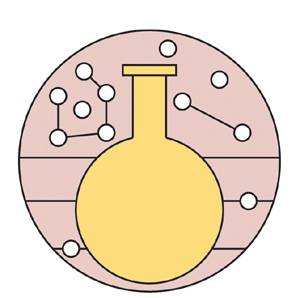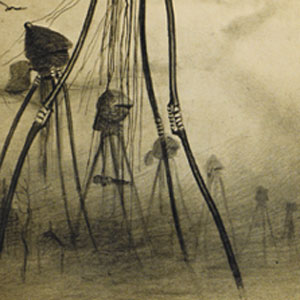
This article is a preview from the Summer 2019 edition of New Humanist
Alice Roberts is an evolutionary biologist, anthropologist, broadcaster and author. Her most recent book is “Tamed: Ten Species that Changed Our World” (Hutchinson), and she was recently appointed president of Humanists UK.
In “Tamed” you say the Neolithic Revolution – which first started around 11,000 years ago – was the most important development in human history.
It’s the most important transformation in the way that humans interact with the rest of the natural world, because up until that point all of our ancestors were hunter-gatherers. In the Neolithic we see the beginning of farming communities settle in the landscape. You get villages, towns, cities, strongly defined societies – and then civilisation.
Charles Darwin analysed the domestication of animal species by humans. Did he believe this could cast light on evolution more broadly?
He absolutely did. Darwin studied domesticated species to understand how humans have effected change over several generations through selective breeding. He then arrived at his insight that this change occurs in wild populations. Simply by interacting with their environments, some animals are going to be more successful than others at surviving and reproducing. Darwin calls that natural selection.
Some of your evolutionary biology work has shown instances where we see species changing within a human lifetime.
Microbiology has enabled us to see new bacteria emerging as we’ve been looking at them. That’s a new species and that is evolution. We also have new species of worms that have evolved to survive in ground that is contaminated with arsenic mines in Cornwall. It’s very clear that those worms are separate genetically from other earthworms: they are a new species. And in the last few years, on the Galapagos Islands – so beloved of Darwin – we have seen new species of finch evolving.
Is the popular “Out of Africa” theory – the idea that humans evolved in Africa first, then migrated elsewhere – still accurate?
It’s still the main theory, but it has become much more elaborate. This is what tends to happen in science. We reduce things to bite-size stories, but you can end up with theories that are overly simplistic, and then you have to build them back up. What is clear now – with information from genetics and genomics – is that there has been a lot more milling around than we have given our ancestors credit for. There was also a lot of contact and mixing with other species: with Neanderthals; with these mysterious Denisovans in Asia; and with archaic species that we don’t even have fossils for, but whose ghosts we see in the DNA.
Much of your work focuses on the fact that, as a species at the top of the evolutionary food chain, we have a level of social responsibility.
We’ve previously assumed that as human beings we are all-powerful and in control of our own destiny. Much of the ground for this arrogance was laid by religion. But we are intensely networked and depend on lots of other species. Science says you are not the pinnacle of evolution; you are just another twig on the glorious tree of life, but you are lucky to have turned up with this quirk of being sentient. That brings with it great responsibility, which really focuses on minimising our impact on other species.
You point out that our impact on climate goes back further than the Industrial Revolution.
It pales in comparison beside the changes that have taken place since the Industrial Revolution, but it is still detectable. There is a change to the natural rhythm of climate that goes back to seven or eight thousand years ago. And it seems to be associated particularly with the clearance of forests, where you are basically removing the carbon sink, and increasing levels of carbon dioxide in the atmosphere.
During the 20th century the world’s population grew from 1.6 billion to six billion. Do we need to think differently about the global food chain?
Politically and socially there has got to be a middle way: a balance between small farms, which are very important in terms of global food production, and the massive industrialised farms. But there is such a diversity of environments across the world. Say, for example, you said: everyone is going vegan tomorrow. That doesn’t work if you live in Siberia, where you cannot grow anything. And it doesn’t work if you live in arid east Africa, where you can herd goats, but crops are very limited. [But] there is no doubt that we will to have to reduce our meat consumption.
Why?
Herds of meat-producing animals are contributing significantly to global warming. But you have to consider the different facets together and not be dogmatic about the solutions. Because you might have a situation where you want to keep particular animals on a landscape because they may be increasing biodiversity, and we want a mixture of grasslands and forests, for instance. If we take all the grazers away we might revert everything back to forests. These are all interesting ethical problems, but we need to be talking about them.
You’ve supported Humanists UK’s call to end state funding of faith schools. Were you surprised by the backlash from sections of the media?
Yes, it did surprise me. There is this issue in the UK which seems to be a historical hangover where a lot of our primary schools in Britain – especially in rural areas – are Church of England schools. Some of these don’t get any funding from the Church of England at all and are funded entirely by the state. Others receive most of their funding from the state, but are allowed to discriminate against non-religious people [in their admissions policies]. It’s not fair, because most of the UK population is not religious.
And all schools in Britain have collective worship every single day, which is meant to be largely of a Christian character. It’s very odd and feels like an attempt to indoctrinate children.
How would a secular education system be better?
The most important part of this is social cohesion. We are a very diverse, multicultural country, and we need schools that are mixed and secular, in the real sense of the word. Not secular meaning atheist, but secular in the sense that everybody’s views are respected. And that no one religious belief is promoted or prioritised over everything else. Schools should be teaching RE and kids should be learning about a range of views, including humanism, of course. They should be nurtured in the way of critical thinking. But that is the opposite of what we have in many primary schools at the moment: where Anglicanism is very clearly promoted as the faith that the children are being inducted into. They are not just learning about it, they are being instructed in it.

